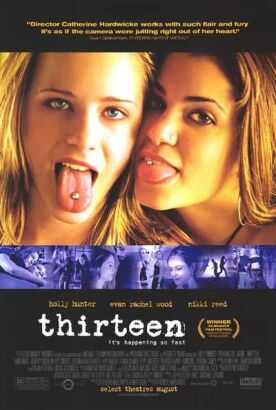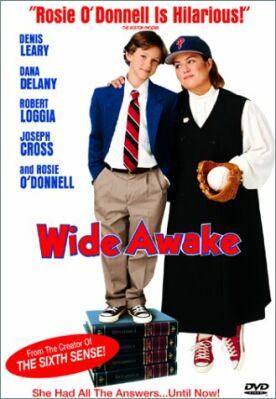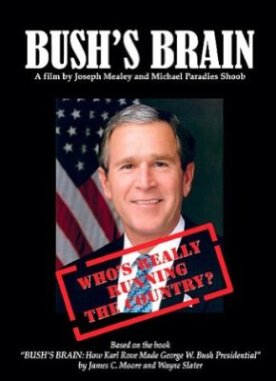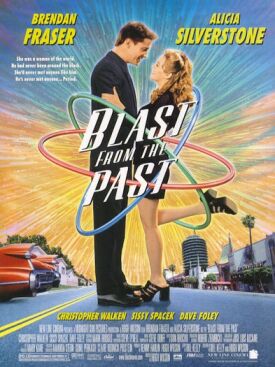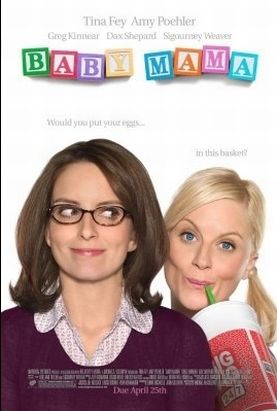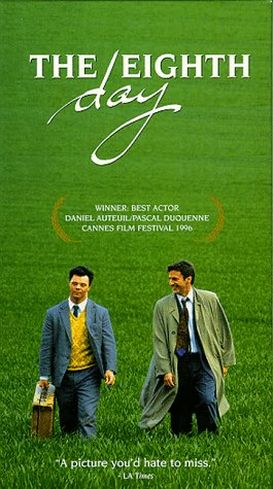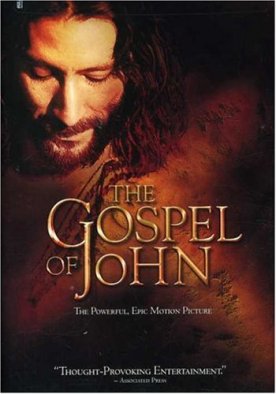Thirteen
“These independent, ambitious girls are a far cry from the repressed, pretty-in-pink generations of the past. But what does it mean that just at the age when girls are most vulnerable, when they are first developing a hard-won sense of self-confidence and forming the first layers of fragile identities, that they spend huge amounts of energy (and cash) trying to become an abstract ideal of hip, cool, thin, sexy and ready for anything?”
I wonder if the publicist for Catherine Hardwicke’s film, Thirteen, who wrote those words had any answer to her question in mind or if it was truly rhetorical? At any rate, it seems unlikely that there was any intention to suggest that those pretty-in-pink generations had something going for them that the young heroines of the film would do well to emulate. Nobody wants to be “repressed” after all. We wouldn’t even know how to be repressed anymore. The idea is just a haunting image of deprivation from the past, like starving Dickensian chimney-sweeps, but it doesn’t otherwise touch our own lives.
Yet assuming that we could re-imagine repression as our grandparents once knew it, could it be any worse than the world that its absence has created — the world of hip, cool, thin, sexy and ready-for-anything thirteen year-olds?
True, the ghastliness of that world is rather overstated by Thirteen for the shock value — so reminiscent of that of Kids (1995) by Larry Clark and Harmony Korine. Also like Kids, it has its own claim to authenticity in the fact that it was co-written by Miss Hardwicke and 13-year-old (now 15 year-old) Nikki Reed, the remarkable young actress who plays Evie Zamora, the hottest girl in her California middle school. Evie leads her friend Tracy (Evan Rachel Wood) away from her Barbies and stuffed animals into a frightening adult world of sex and drugs, thievery and self-mutilation.
There is something in all middle-class parents and teenagers which loves this kind of thing — that is, being told of scarcely imaginable horrors right on the margins of their own lives. We love those that can make our flesh creep. But, unlike Kids, Thirteen, also has a more serious point to make, though possibly without the film-makers’ being entirely aware that they are making it. It is that a world from which men are essentially absent — together with the authority and discipline that they have historically imposed upon their families — is not a feminist paradise but a nightmare.
Another way to put it is that the film is a de-mythologization of Hollywood’s long-term romance with single-motherhood. Not that Tracy’s mother, Mel (Holly Hunter), is a monster by any means. Far from it. She is in most ways as much the suffering feminist heroine as ever. She has to put up with a remote and uninvolved ex-husband — one of the film’s best lines comes when, called in to confront the fact that his seventh-grade daughter is on the point of going to jail or on the streets, he says: “Can somebody just tell me what is the problem, in a nutshell? — as well as her sweet but hopeless drug-addict boyfriend (Jeremy Sisto), and she relies on supportive women friends who help her to make ends meet by allowing her to run an unlicensed beauty salon from her home.
But she is not a romantic figure, and she doesn’t heroically cope. Involved in an AA program herself, she hardly knows how to pay the bills even when she has the money, and she has nothing but pious hopes and self-delusion to offer Tracy as a guide to growing up. These prove a pitifully inadequate counterweight to the overwhelming pressures of the youth culture as represented by evil Evie — who lives with an equally feckless older cousin (Deborah Kara Unger) and claims to be the orphaned daughter of a crack-whore.
Evie’s precocity is therefore not only physical and sexual but also lies in her ability to manipulate others by playing the victim, a tactic which works especially well on those, like poor Mel, who are used to making what they can out of being victims themselves. When she tells her that she has been sexually abused or beaten up it doesn’t even matter if it is true or not. She has to have been a victim of something to be what she is, and she knows it. Nor is Mel the one to deny her the alms due to her moral purple heart. “Why did you put me on the spot with that poor little girl? she asks Tracy innocently. “You know I can’t reject someone like that to their face.”
“I know, mom,” says Tracy quietly, as if momentarily ashamed that it is quite this easy to take advantage of her.
Miss Hunter’s performance as Mel is tremendously impressive, as she manages to be pathetic without being contemptible and warm-hearted and loving without getting close to being an effective parent. Her greatest moment comes when she says what all parents are sooner or later tempted to say — “This is not how I raised you” — while at the same time harboring the horrifying suspicion that it is, on the contrary, precisely how she has raised her.
This is not, as you will have gathered, a feel-good movie, though it ends on a hopeful note. It is also rather ragged and too unrelenting in its determination to shock. But it looks unblinkingly at the toxic youth-culture as a product of the world without men — husbands, fathers, authority figures worthy of respect — that the moral and sexual values of the movie community have done so much to help create and dared to say, as so few in or out of Hollywood do anymore: this is not good. For that it deserves an audience.
Discover more from James Bowman
Subscribe to get the latest posts to your email.

